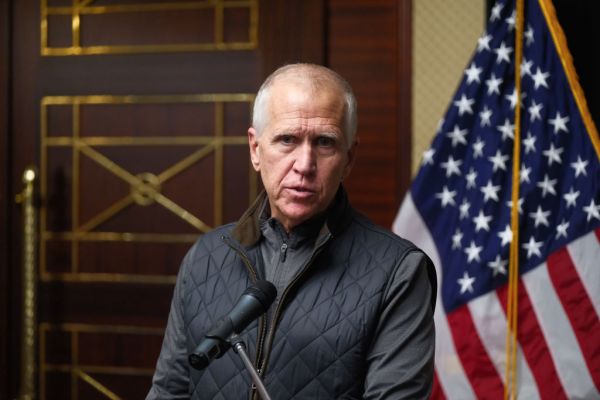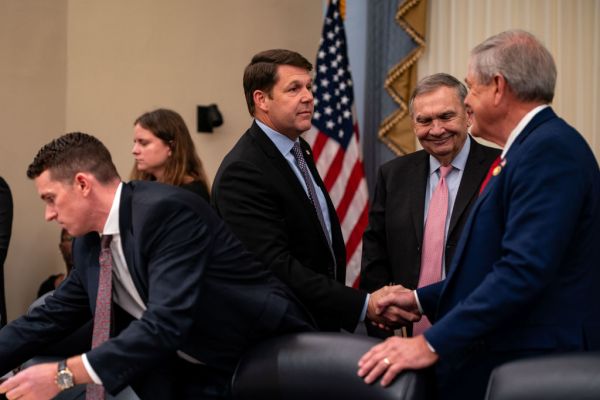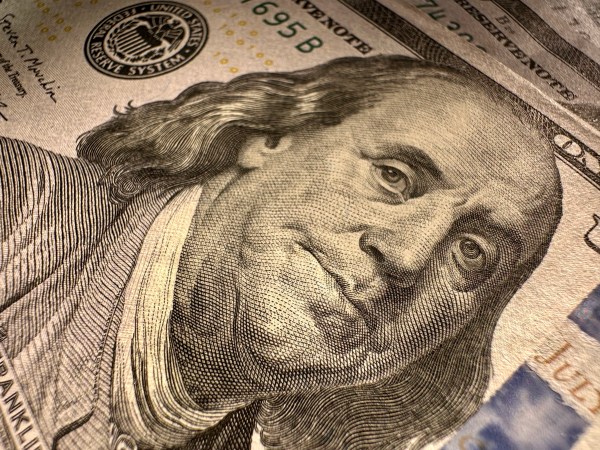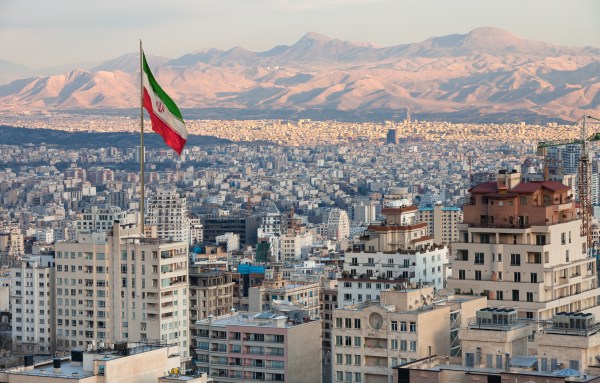President Donald Trump issued an executive order on February 7 halting foreign aid to South Africa from the U.S. Agency for International Development and other federal agencies over concerns that Afrikaners—South Africans of European descent—had been subject to “government-sponsored race-based discrimination.” Trump’s order has sparked viral claims that South Africa has retaliated by banning American business activity in its territory and stopped mineral exports to the United States.
Social media users on platforms including Facebook, Instagram, Threads, and X have posted identical statements on South Africa’s alleged policy response. A Facebook account with more than 250,000 followers, “United Africa,” and the Instagram account of freelance writer Marilyn Wilson were among the users to post the statement:
Both of these claims—that South Africa has 1) banned American business from operating in the country and 2) blocked mineral exports to the U.S.—are false. South Africa has made no recent move affecting the business activity of American-based companies operating in the country. While a South African official did suggest the government pause mineral exports to the U.S., no such policy proposal is under consideration.
Trump announced on February 2 that he would be “cutting off all future funding to South Africa.” The next day—four days before Trump issued his executive order doing so—Gwede Mantashe, South Africa’s minister of mineral and petroleum resources, raised the possibility of pausing mineral exports to the U.S. Mantashe suggested the government “withhold minerals to the U.S.” if the Trump administration moved to halt funding to South Africa. “If they don’t give us money,” he said, “let’s not give them minerals.” Yet, later that same day, a spokesperson for South African President Cyril Ramaphosa told Reuters that the government was not seriously considering banning mineral exports to the U.S., saying that Mantashe’s comments should be “taken in jest.”
Trump in his executive order cited a recently enacted South African law, the Expropriation Act 13 of 2024—which gave the South African government the authority to redistribute land property “for a public purpose or in the public interest”—as the primary justification for his decision to block funding to the country. The order also cited South Africa’s case before the International Court of Justice accusing Israel of having “special intent to commit genocide” and the South African government’s willingness to negotiate contracts—including on nuclear projects—with Iran as further justification.
The expropriation law requires that the South African government provide “just and equitable” compensation to land owners for their expropriated property. However, the law also states that “it might be just or equitable” for the government to pay no compensation. Supporters of the expropriation law have said such confiscatory authority is needed to fix the inequality of land ownership—where white South Africans represent a minority of the population yet collectively own more than half of the country’s farmland. But Trump stated in his executive order that the seizure of private property without compensation displays a “shocking disregard of its citizens’ rights.”
The Dispatch Fact Check has reached out to South Africa’s Department of Mineral and Petroleum Resources.
If you have a claim you would like to see us fact check, please send us an email at factcheck@thedispatch.com. If you would like to suggest a correction to this piece or any other Dispatch article, please email corrections@thedispatch.com.










Please note that we at The Dispatch hold ourselves, our work, and our commenters to a higher standard than other places on the internet. We welcome comments that foster genuine debate or discussion—including comments critical of us or our work—but responses that include ad hominem attacks on fellow Dispatch members or are intended to stoke fear and anger may be moderated.
With your membership, you only have the ability to comment on The Morning Dispatch articles. Consider upgrading to join the conversation everywhere.